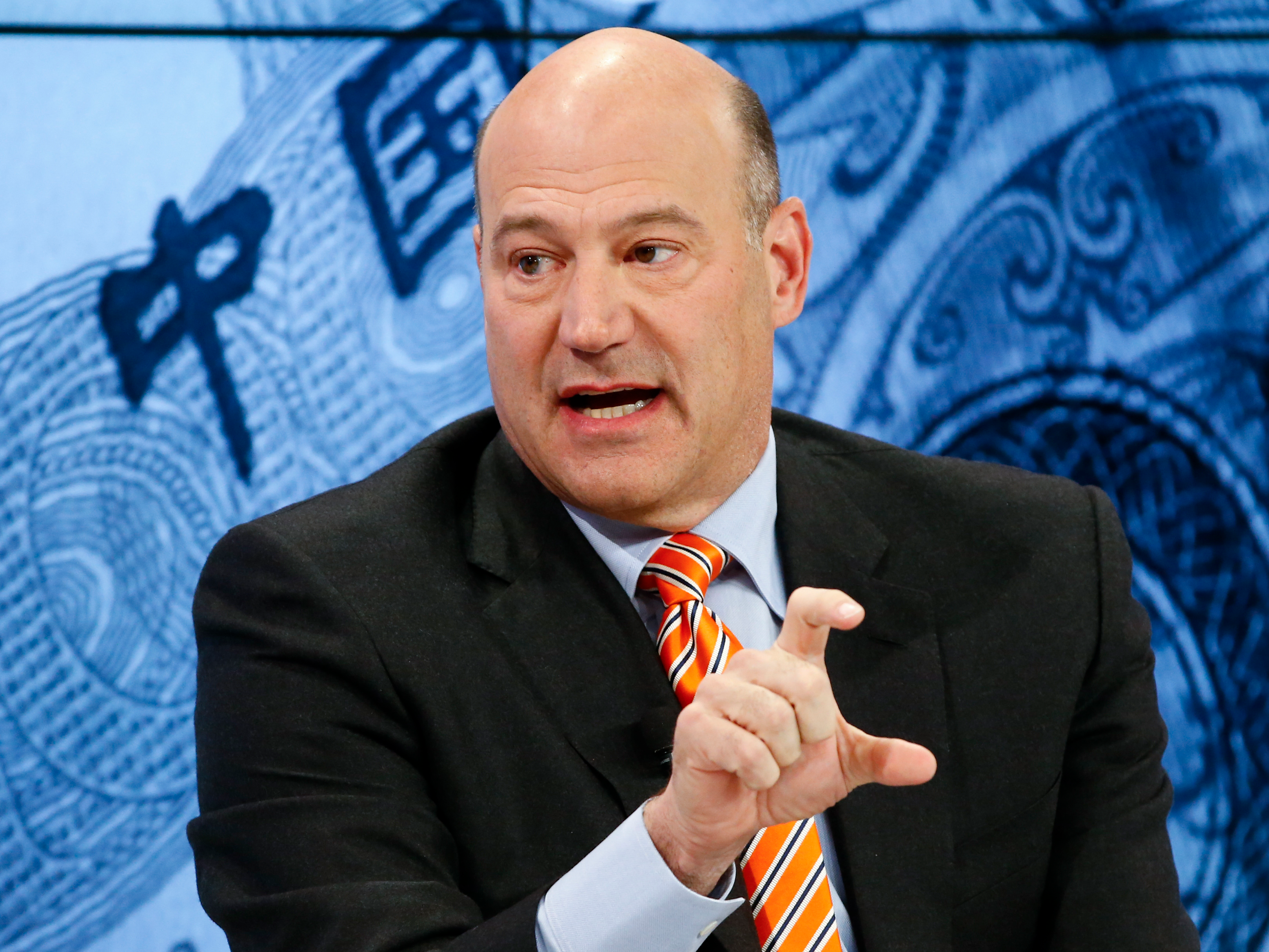This post has been updated on Friday, February 24 at 3:14 p.m. ET after the White House denied the earlier report.
The White House denied an earlier report from Axios’ Dan Primack that Gary Cohn, the chief economic adviser to US President Donald Trump, reportedly told a group of CEOs at a private event that the White House doesn’t support the version of the border adjustment tax being pushed by Republicans in Congress.
The proposed border tax adjustment would make US companies unable to deduct the cost of imports from their revenue, but at the same time they would be exempt from paying taxes on export revenue.
On Thursday,Trump made favorable comments about the tax proposalin an interview with Reuters.
But earlier this year, he sent conflicting messages about his position on tax proposal. In an interview with the Wall Street Journal in January he said it was “too complicated, adding: “Anytime I hear border adjustment, I don’t love it. Because usually it means we’re going to get adjusted into a bad deal. That’s what happens.”
But then shortly after he told Axios that, "It's certainly something that's going to be discussed. [...] I would say, over the next month-and-a-half, two months, we'll be having more concrete discussions."
Economists at the New York Federal Reserve argued in a report published on Friday that the proposal is unlikely to promote exports.
Additionally, Meg Whitman, CEO of Hewlett Packard Enterprise, said she is concerned about the proposed border adjustment tax.
"[M]y view is that this actually does not create jobs," she said when asked about the proposal during an interview with CNBC's David Faber. "It actually lowers the number of jobs for many, many companies."
She explained in more detail:
"The border adjustment tax is not good for companies that have a relatively low margin with a supply chain that is outside the United States. And so, we could certainly assemble in the United States. And we do in Chippewa Falls for SGI; we do in Houston, to some degree, for our enterprise group. But the entire supply chain - everything from memory, from motherboards, I mean everything that is in our products comes from overseas. And by the way, that supply chain has taken 30 years to set up. So when all those components come in and are taxed, it's not going to be good for companies that have a relatively low margin and a big offshore supply chain."
She added that she is working with Congress to make sure that this point of view is well understood.

